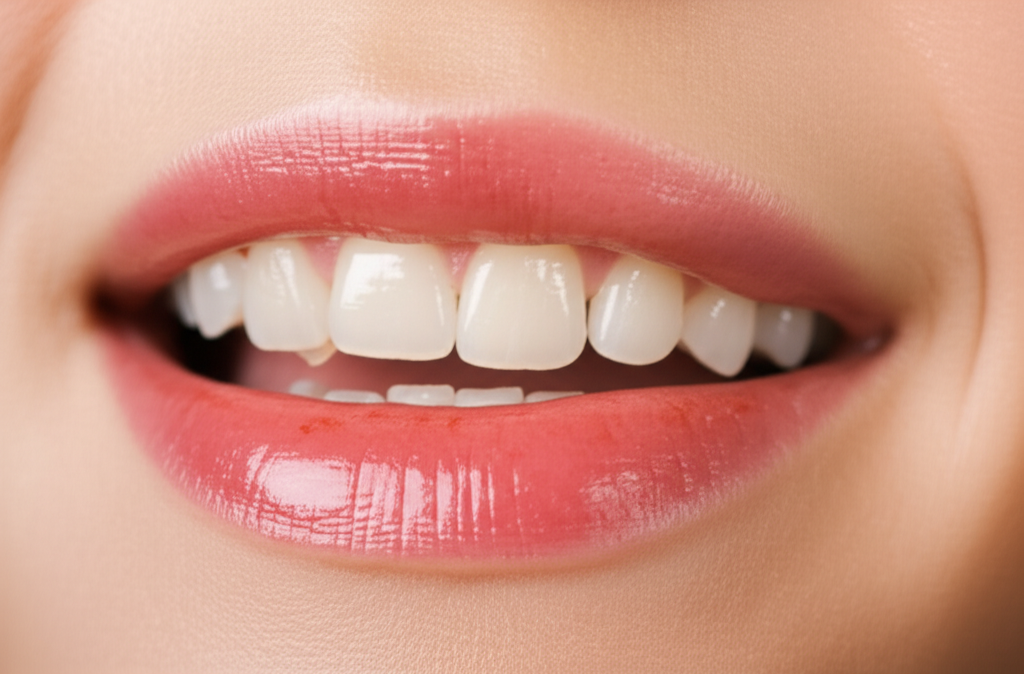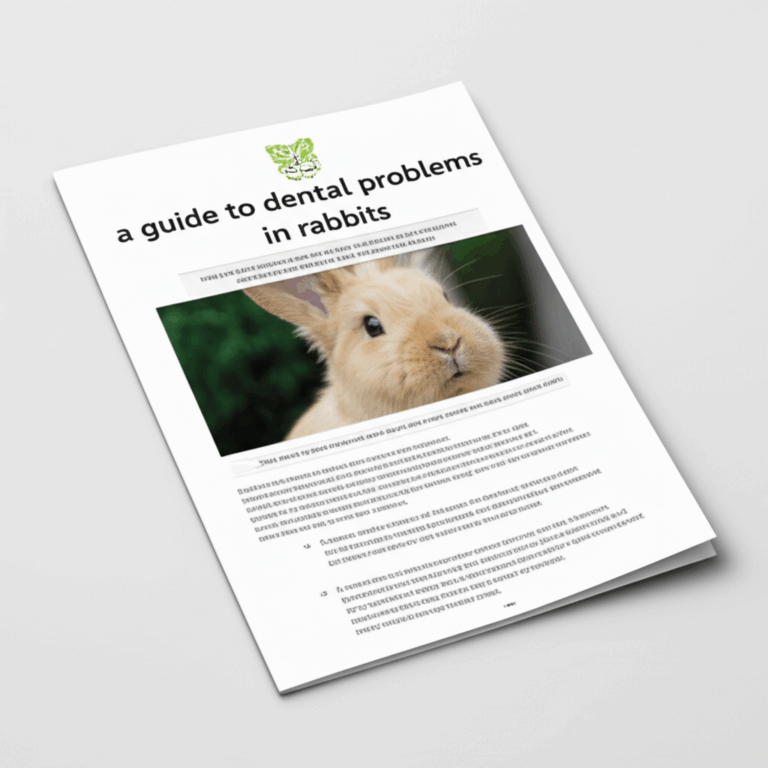
Can Dental Problems Cause Pulsatile Tinnitus? Understanding the Connection & Finding Relief
It started as a low, steady whooshing in my right ear, matching every beat of my heart. At first, I thought it was nothing—maybe just stress or being tired. But the sound stuck around. In quiet places, it was always there, making me feel uneasy. This wasn’t the common high-pitched ringing most people know as tinnitus; it was different. It was pulsatile tinnitus. My search to find out what was wrong led me through all sorts of medical ideas until, to my surprise, I found out it was actually coming from my jaw.
I’m telling my story because I found out dental issues and pulsatile tinnitus are linked more often than you’d think. If you hear a heartbeat sound in your ear and wonder if it could be from your teeth, jaw, or a recent dental appointment, you’re in the right place. Let’s look at what I discovered, from spotting the signs to finding ways to feel better.
Table of Contents
Understanding Pulsatile Tinnitus: More Than Just Ringing
Before we get into how dentistry fits in, let’s get clear on what’s happening. I quickly realized there’s a big difference between the usual “ringing in the ears” and what I was feeling.
What is Pulsatile Tinnitus?
Most people think of tinnitus as a non-stop, high-pitched ringing or buzzing. That’s called non-pulsatile, or subjective, tinnitus. Only you can hear the sound, and there’s no rhythm.
Pulsatile tinnitus is different. It’s a steady sound that goes with your heartbeat. You might describe it as a whooshing, throbbing, or thumping. It’s like you’re listening to your own pulse, but it’s inside your ear. Sometimes, even a doctor can hear the sound with a stethoscope—this is called objective tinnitus. For me, it was a constant reminder of my heartbeat, making me anxious. The more I listened, the stronger and louder it got.
Common Non-Dental Causes of Pulsatile Tinnitus
My first move, and one I really recommend, was to see a doctor to make sure it wasn’t something serious. Pulsatile tinnitus often comes from changes in blood flow near your ear. It’s like hearing the pipes in your own house. Some usual non-dental reasons include:
- Vascular Issues: This is a big one. Things like high blood pressure, blocked or narrowed arteries, tangled blood vessels (AVM), or rare tumors called glomus tumors can all cause it.
- Ear Problems: Fluid behind your eardrum or things like otosclerosis (unusual bone growth in the middle ear) can make blood flow sound louder.
- Other Health Problems: Anemia or an overactive thyroid can make your blood flow more “noisy,” creating sounds.
My regular doctor sent me to an ENT (ear, nose, and throat doctor). We did tests to check my hearing and took pictures of my head and neck’s blood vessels. When those tests came back okay, the ENT asked a question I didn’t expect: “Do you ever have pain in your jaw?”
That’s when things started to make sense.
The Dental-Tinnitus Connection: How Oral Issues Can Affect Your Ears
It sounds weird at first—how can trouble with your teeth or jaw make you hear your heartbeat? But as I learned, it’s all because your jaw and ear are close by, and share a lot of the same nerves and blood vessels.
The Anatomy of Interaction: Jaw, Ears, and Nerves
Think of your jaw joint (the TMJ) as living right next door to your ear canal. They share a wall. And not only that, but they also have some of the same nerves and muscles.
The TMJ sits just in front of your ear. When it’s swollen or not working well, the swelling and tension can affect the ear. Plus, big nerves like the trigeminal nerve run to both the jaw and parts of the ear. If these nerves get irritated by muscle tension or swelling in the jaw, your brain might get mixed signals that show up as pain or noise (this is called referred pain). It’s like if your bedroom light switch suddenly turned on the kitchen light—it doesn’t quite make sense, but it happens.
Key Dental Problems Linked to Pulsatile Tinnitus
Once my ENT suggested a dental link, I went to a dentist who knew all about jaw joint problems. He told me about the main causes. Turns out, a lot of Dental Diseases could be the problem.
1. TMJ/TMD Disorders
This is the top suspect. TMD isn’t just one problem but a name for all kinds of trouble with your jaw joint and the muscles that run it. Maybe your joint is out of line, the small disc inside it is not where it should be, or the muscles are always tight. This ongoing tightness and swelling can squeeze nearby parts, including blood vessels, which can change blood flow and make it noisy.
2. Bruxism (Grinding or Clenching Teeth)
I was the perfect example of someone who clenches at night. My dentist noticed my flat molar surfaces and that my jaw was sore in the morning. Grinding and clenching puts a lot of force on your teeth, jaw, and face. This can tire out your jaw and cause inflammation, which can set off shared nerves and muscles, and give you something called “somatic tinnitus”—tinnitus caused by tension or movement in your body. For some people, this buzzing or pulsing can match your heartbeat.
3. Bad Bite (Malocclusion)
Malocclusion means your top and bottom teeth don’t meet the right way. When your bite is wrong, your jaw works harder to chew, kind of like if your shoes were different heights. Over time, your jaw muscles get uneven and tired. This uneven pressure leads to jaw joint stress and tension, setting up tinnitus.
4. Dental Infections and Abscesses
Not as common, but a really bad tooth infection or abscess builds up a lot of swelling and pressure. That swelling can push on nerves nearby or even your sinuses, which are close to the ear. The pain and pressure can seem like ear trouble, and sometimes the swelling might make blood vessels “pulsate” enough for you to hear it.
5. Impacted Wisdom Teeth
Stuck wisdom teeth are well known for causing problems. When they can’t grow in the right way, they push on other teeth, make the area swell, and press on main nerves. Pain and tightness can spread through your head and neck, which can bring on muscle tension and, you guessed it, tinnitus.
6. Dental Work Complications
This one doesn’t happen a lot, but it does sometimes. Right after a tooth is pulled, root canal, or new crowns, tinnitus can show up. It could be from the jaw being held open too long (which strains the jaw joint), or if a nerve gets irritated during the work. That’s why for big dental repairs, the dentist needs to work with a great crown and bridge lab so everything fits and your bite stays normal.
Recognizing the Symptoms: Is Your Pulsatile Tinnitus Dental-Related?
So how do you know if your pulsatile tinnitus is coming from dental or jaw problems? For me, the clue was that the ear noise wasn’t the only issue—it was just one piece of the puzzle.
Common Co-occurring Symptoms
If your pulsatile tinnitus is from a jaw or tooth problem, you’ll likely notice other stuff too. Look out for:
- Jaw Pain or Soreness: Is your jaw sore when you wake up, chew, or yawn?
- Jaw Sounds: Do you hear clicks, pops, or grinding when you move your mouth?
- Headaches: A lot of tension headaches, mainly by your temples, or migraines can come from jaw tightness.
- Neck and Face Pain: Aching that travels to your neck, shoulders, or face can mean jaw muscle trouble.
- Ear Stuff: Pain, feeling like your ear is full, or pressure in your ear (when infection is ruled out).
- Stiff Movement: If it’s hard to open your mouth all the way.
- Worn Down Teeth: Flat or chipped teeth may mean you’re grinding at night.
When to Suspect a Dental Origin
Pay close attention to when your tinnitus gets worse. This was big for me. I noticed my ear’s whooshing was louder and stronger:
- After eating anything tough, like steak or bagels.
- When I was tense and noticed I was clenching my jaw.
- First thing in the morning, after a night of teeth grinding.
If your ear noise changes when you move your jaw, chew, or clench, there’s a good chance it’s dental or jaw-related.
Diagnosis: The Collaborative Approach
Figuring this out isn’t a one-person job. You need a team. Don’t just see a dentist, and don’t only see an ENT. You need both to talk and work together.
1. The Medical Exam (ENT): Always start by seeing your regular doctor and an ENT. First, make sure to rule out serious causes for your pulsatile tinnitus. You’ll likely get a check-up, a hearing test, and maybe pictures (MRI or CT scans) of the blood vessels in your head and neck.
2. The Dental Check (Dentist): Once serious stuff is ruled out, go for a full dental exam. It’s not just about cavities—a dentist who knows TMJ will:
- Check how your jaw moves.
- Feel your face and neck muscles for tight or painful spots.
- Take a close look at how your teeth fit together (your bite).
- Maybe take special X-rays or a 3D scan of your jaw joint and teeth.
Working together is the only way to see the big picture and spot if there’s a link between your ears and your teeth.
Treatment Options: Addressing the Root Dental Cause
The best news? If your tinnitus is from dental trouble, you can often fix it. The aim isn’t to “treat the tinnitus,” but to fix the jaw or tooth problem. Once that’s better, the ear sound usually fades too.
Simple Treatments for TMJ/Bruxism
For most people, like me, you start with simple, non-surgical steps.
- Mouth Guards/Nightguards: This was my first and best fix. A custom night guard from a dental lab does two things: it keeps your teeth safe from grinding, and if it’s made right, helps your jaw rest and feel less strained so muscles and joints can heal.
- Physical Therapy: A physical therapist for head and neck can help a lot. They’ll use massage, stretches, and special exercises for your jaw, face, and neck.
- Medication: Your doctor might suggest things like ibuprofen, painkillers, or muscle relaxers to break the cycle of pain and tightness.
- Stress Control: Since stress makes us clench, things like meditation, biofeedback, or talking to a counselor can help a lot. For me, managing my stress was nearly as important as the nightguard.
Fixing the Problem for Good
If simple things don’t work, your dentist might suggest fixing the root cause.
- Bite Adjustments: Carefully shaping your teeth so they meet properly.
- Braces/Clear Aligners: If your bite is way off, moving your teeth to the right spots fixes the stress on your jaw joint.
- Fixing Broken or Missing Teeth: New crowns or bridges can help make your bite strong and balanced. A good implant dental lab can help with this.
- Treating Infections/Impacted Teeth: This is straightforward—treating an abscess or removing stuck wisdom teeth can end the swelling and solve the issue.
Prevention and Long-Term Management
Once you’re better, keep it that way!
- See Your Dentist Regularly: Don’t skip check-ups! Dentists can spot jaw or bite problems early.
- Stop Grinding Early: If you clench or grind, wear a nightguard. It’s a small thing that can stop big problems.
- Good Posture: Don’t slouch—it makes your jaw and neck sore.
- Handle Stress: Exercise, hobbies, or just relaxing can make a big difference.
- Pay Attention: If you feel jaw pain or your ear feels full again, don’t shrug it off—catch problems early.
Conclusion: Finding Relief by Addressing the Source
Now, that whooshing sound in my ear is mostly gone. Sometimes, when I’m stressed, I still hear a little of it—it’s a reminder to relax my jaw and check how I’m doing. Learning how my teeth and jaw could be behind my pulsatile tinnitus was a huge relief. It turned a scary mystery into something I could actually solve.
If you hear your heartbeat in your ear, go see a doctor to rule out major stuff first. But if everything checks out and you’re still struggling, don’t give up. The answer might be at the dentist’s office. A good check of your jaw, bite, and teeth could be just what you need to finally enjoy some peace and quiet.








